Chimeric antigen receptor (CAR) T cells targeting uPAR, a cell-surface protein that is upregulated on senescent cells, eliminate senescent cells in vitro and in vivo and reduce liver fibrosis in mice.
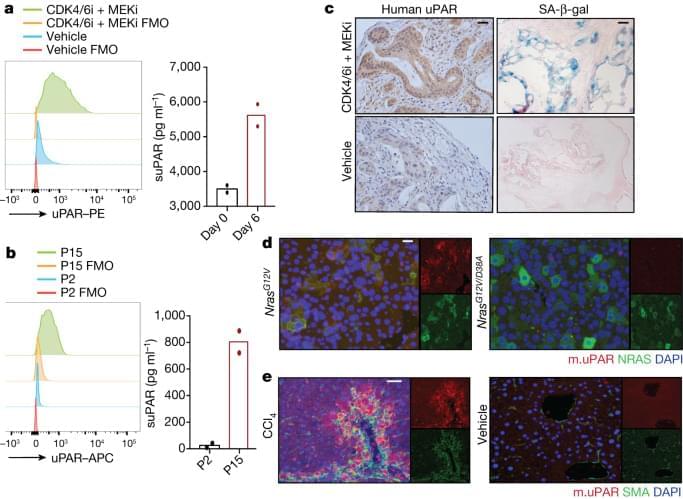

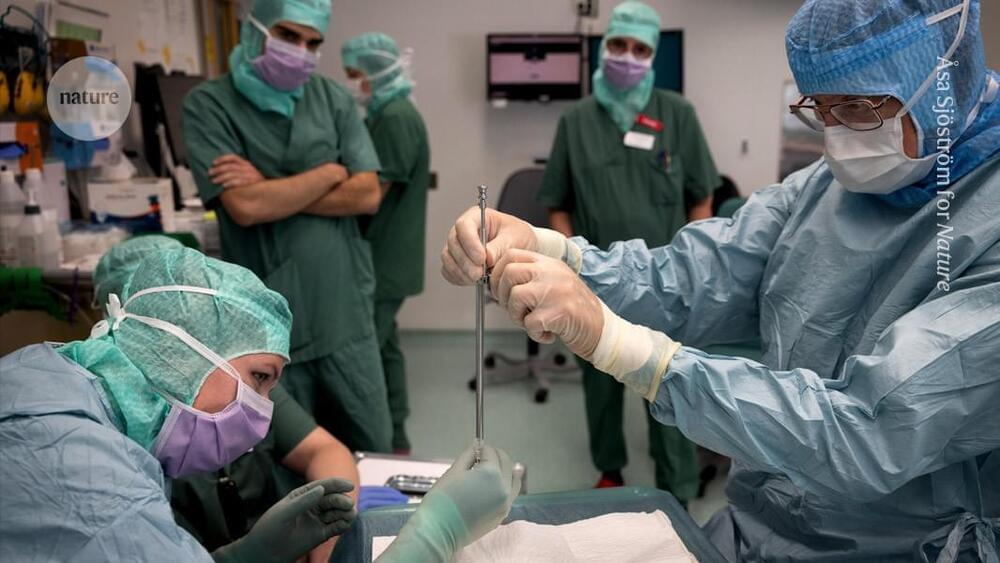
Andrew Cassy had spent his working life in a telecommunications research department until a diagnosis of Parkinson’s disease in 2010 pushed him into early retirement. Curious about his illness, which he came to think of as an engineering problem, he decided to volunteer for clinical trials.
“I had time, something of value that I could give to the process of understanding the disease and finding good treatments,” he says.
In 2024, he was accepted into a radical trial. That October, surgeons in Lund, Sweden, placed neurons that were derived from human embryonic stem (ES) cells into his brain. The hope is that they will eventually replace some of his damaged tissue.
The study is one of more than 100 clinical trials exploring the potential of stem cells to replace or supplement tissues in debilitating or life-threatening diseases, including cancer, diabetes, epilepsy, heart failure and some eye diseases. It’s a different approach from the unapproved therapies peddled by many shady clinics, which use types of stem cell that do not turn into new tissue.
More than 100 clinical trials put stem cells for regenerative medicine to the test. It’s a turning point for a field beset with ethical and political controversy.

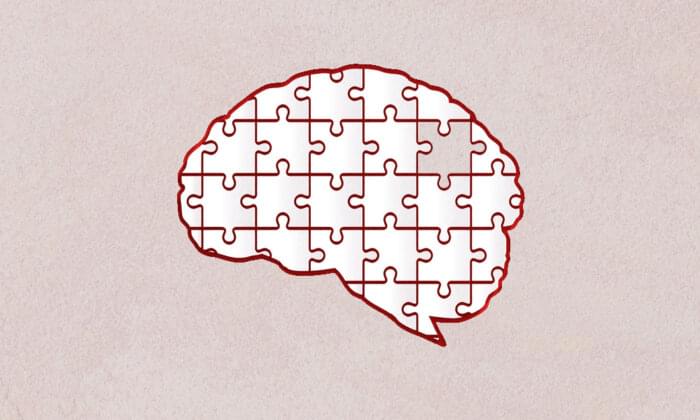
Join us on Patreon! https://www.patreon.com/MichaelLustgartenPhD
Discount Links/Affiliates:
Blood testing (where I get the majority of my labs): https://www.ultalabtests.com/partners/michaellustgarten.
At-Home Metabolomics: https://www.iollo.com?ref=michael-lustgarten.
Use Code: CONQUERAGING At Checkout.
Clearly Filtered Water Filter: https://get.aspr.app/SHoPY
Epigenetic, Telomere Testing: https://trudiagnostic.com/?irclickid=U-s3Ii2r7xyIU-LSYLyQdQ6…M0&irgwc=1
Use Code: CONQUERAGING
NAD+ Quantification: https://www.jinfiniti.com/intracellular-nad-test/
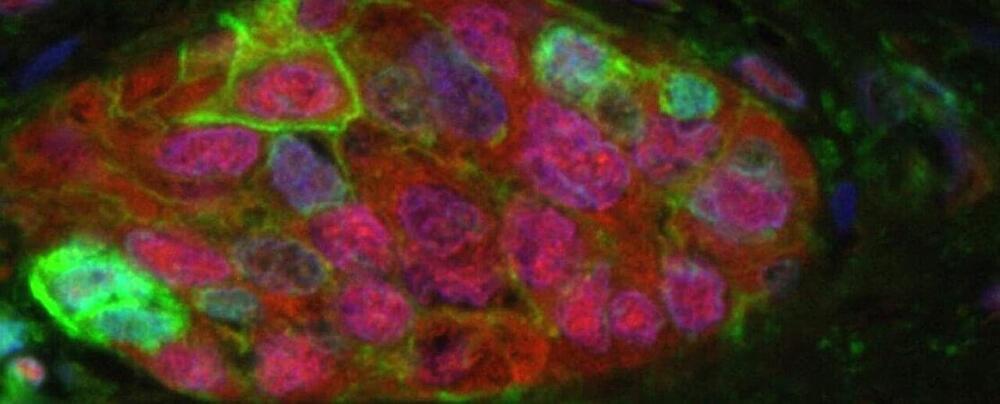
Whenever a sink overflows, the flooding is usually caused by a blockage that has built up in the drains. Similarly, as we age, our bodies are flooded by aging, or senescent cells, which have stopped dividing but, instead of dying, remain active and build up in body tissues. Recent studies have shown that getting rid of these cells might delay age-related diseases, reduce inflammation and extend lives. Despite the great potential, however, there is currently no drug that can target these cells directly and efficiently.
Now, Weizmann Institute of Science researchers suggest an alternative approach. In a new study published in Nature Cell Biology, they reveal that senescent cells build up in the body by clogging up the immune system, thereby preventing their own removal.
The scientists demonstrated in mice how to unclog this blockage using immunotherapy, the new generation of treatments that is revolutionizing cancer therapy. These findings could pave the way for innovative treatment of age-related diseases and other chronic disorders.

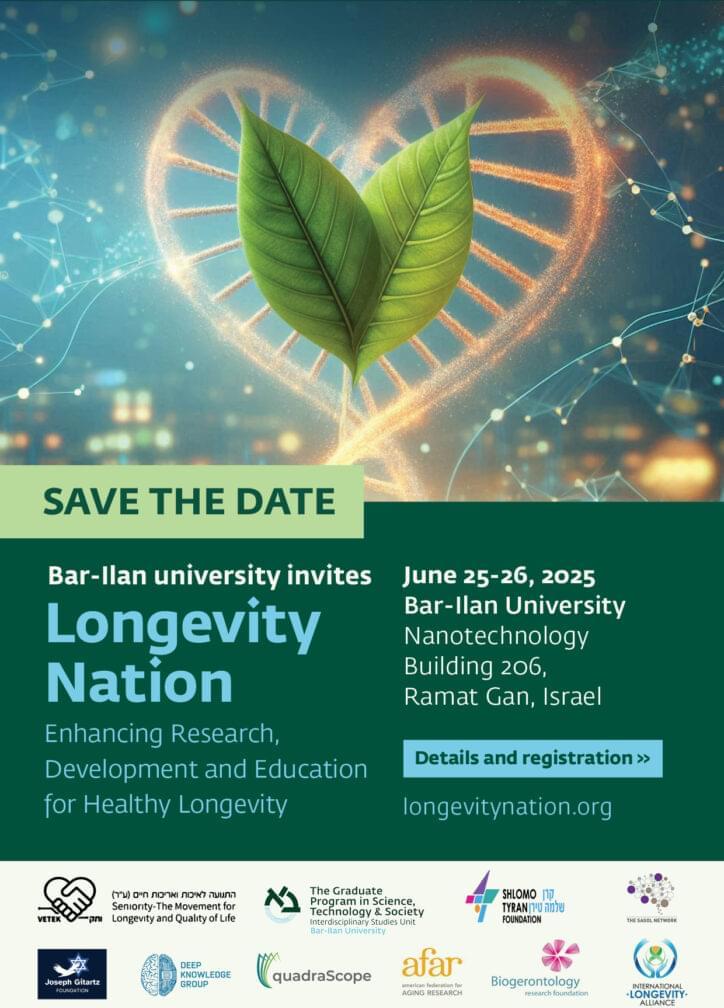
This conference will explore the interdisciplinary interrelations of science, technology and society in addressing the challenges of population aging. By bringing together leading voices in the longevity space and public figures, the Longevity Nation conference will strongly contribute to increasing the synergy of science, technology and aging society, and help advance ethical scientific and technological solutions for healthy longevity for the benefit of the entire society. Building on Israel’s strengths in this area, this conference will help build the supportive longevity ecosystem in Israel, boost the prominence of the field in Israel and enhance Israel’s international standing and cooperation in the Longevity Field. It will help build up longevity R&D and Education support programs, for stakeholders in Israel and international collaborators.
Aubrey de Grey and Josh Mitteldrof, two big names of the aging field, discuss their diverging views regarding the nature of aging: is it programed or not?
Host: Nicolás Cherñavsky.
Production: Nicolás Cherñavsky and Nina Torres Zanvettor.
Editing: Nina Torres Zanvettor.
Revision and subtitling: Nicolás Cherñavsky.
Heales website (Healthy Life Extension Society): https://heales.org/
Contact e-mail: [email protected].
#science #aging #rejuvenation #biology #health #longevity #antiaging #AubreydeGrey #JoshMitteldorf #programedaging #debate.
Aubrey de Grey’s picture:
Stifterverband, CC BY 3.0 https://creativecommons.org/licenses/.…, via Wikimedia Commons.
Music: Closer To Your Dream by Keys of Moon | / keysofmoon (CC BY 4.0)
Join us on Patreon! https://www.patreon.com/MichaelLustgartenPhD
Discount Links/Affiliates:
Blood testing (where I get the majority of my labs): https://www.ultalabtests.com/partners/michaellustgarten.
At-Home Metabolomics: https://www.iollo.com?ref=michael-lustgarten.
Use Code: CONQUERAGING At Checkout.
Clearly Filtered Water Filter: https://get.aspr.app/SHoPY
Epigenetic, Telomere Testing: https://trudiagnostic.com/?irclickid=U-s3Ii2r7xyIU-LSYLyQdQ6…M0&irgwc=1
Use Code: CONQUERAGING
NAD+ Quantification: https://www.jinfiniti.com/intracellular-nad-test/